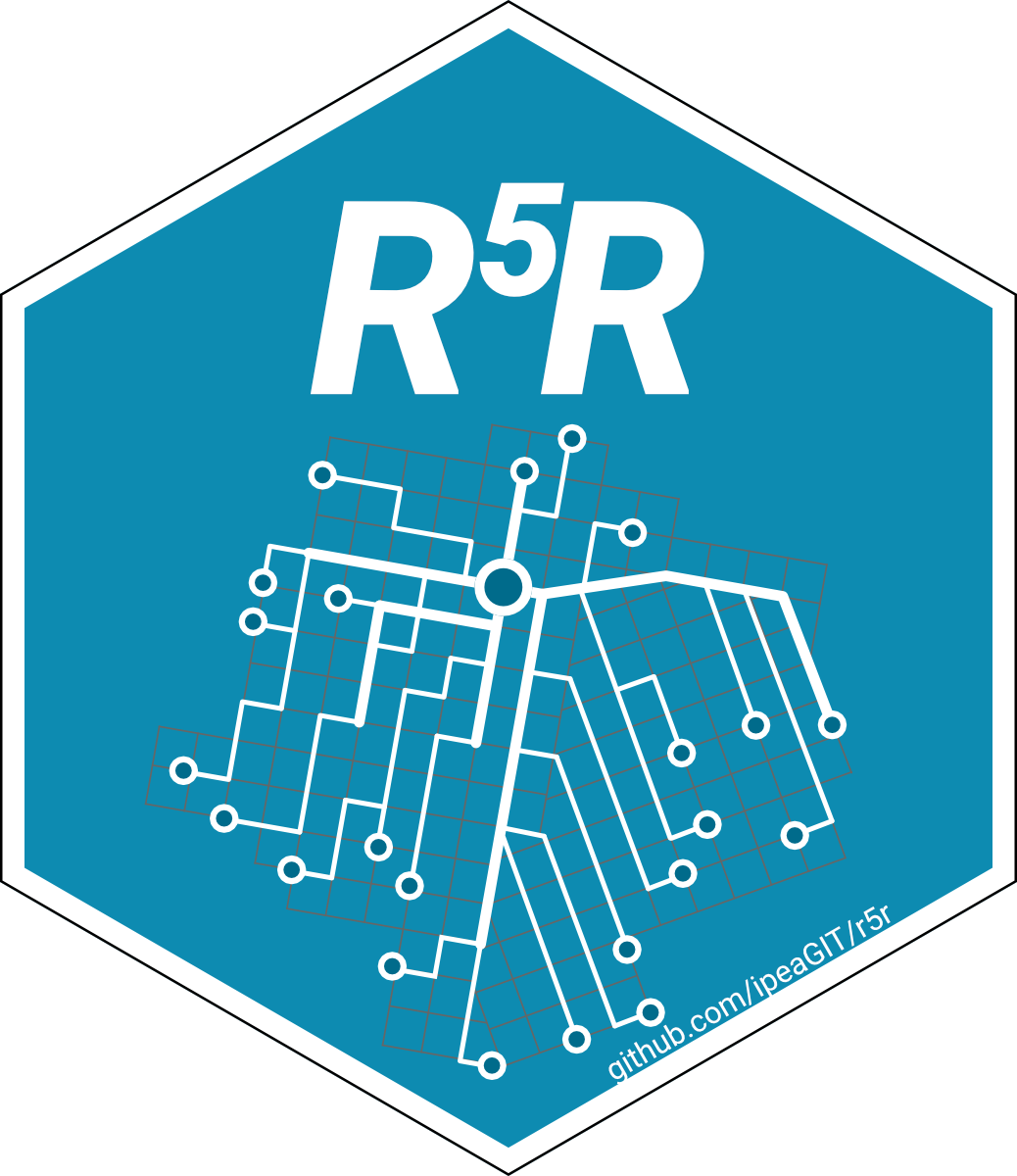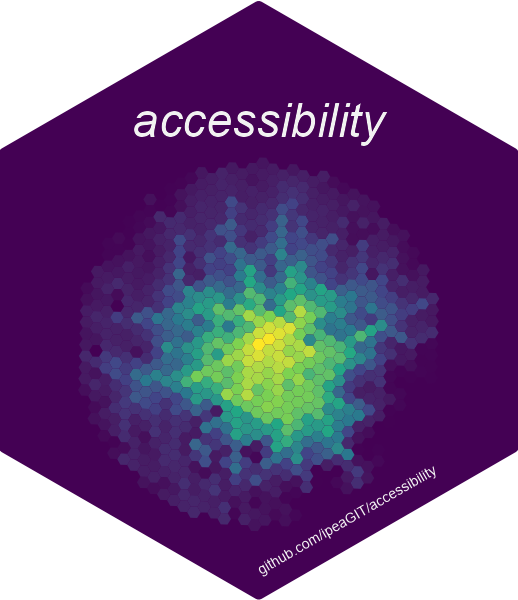This website provides the supporting material for the Workshop “A crash course on urban accessibility with R”. The Workshop will be conducted during the 2024 WSTLUR (World Symposium on Transport and Land Use Research), which will be hosted by the Universidad de Los Andes, in Bogota, Colombia. The workshop is sponsored by the World Society Transport and Land Use Research (WSTLUR).

Workshop Summary:
Routing and accessibility analyses are increasingly used in urban and transport research and planning. In this workshop, you will learn how to estimate travel time matrices and perform accessibility analyzes in multimodal transport networks using the {r5r} and {accessibility} packages in the R programming language.
The workshop will also illustrate how to calculate different measures of inequality of access to opportunities and accessibility poverty, which are crucial to assess the accessibility impacts of transportation projects from a transportation equity perspective. The course is based on the book “Introduction to urban accessibility: a practical guide with R” (Pereira and Herszenhut 2023).

|

|
{r5r} is an R package for rapid realistic routing on multimodal transport networks (walk, bike, public transport and car). It provides a simple and friendly interface to R5, the Rapid Realistic Routing on Real-world and Reimagined networks, the routing engine developed independently by Conveyal. Kudos to Conveyal for their amazing work.
Here are a few introductory slides explaining what we cover and what we do not cover in this workshop:
This workshop assumes the attendee has a basic knowledge of the R programming language. If you want to familiarize yourself with R, we recommend the books below:
- R for Data Science
- Geocomputation with R
- Data Science in R (in Portuguese)
Recommended reading:
Extra reading material relevant (but not required) for the workshop.
- Online book “Introduction to urban accessibility a practical guide with R” (Pereira and Herszenhut 2023) - Chapters 3 and 6.
- The
{accessibility}package website and documentation. - The
{r5r}package website and documentation. - Paper of the
{r5r}package, by Pereira et al. (2021). - Paper on transportation equity measures, by Karner, Pereira, and Farber (2024).
- Transport Access Manual, by Levinson and King (2020).
About the instructor:
Rafael H. M. Pereira
Head of Data Science
Institute for Applied Economic Research (Ipea), Brazil
Website | Google Scholar | Twitter | Linkedin |
Short bio of the instructor:
Rafael H. M. Pereira is a senior researcher in the fields of urban analytics, spatial data science and transport studies at the Institute for Applied Economic Research (Ipea), Brazil. His research looks broadly at how urban policies and technologies shape the spatial organization of cities, human mobility as well as their impacts on social and health inequalities. Some of his key contributions to the fields of urban analytics and planning involve the development of new methods and open-source computational tools to the study of urban systems and transportation networks. These contributions emerge from substantive interests around social justice and sustainability issues in urban development, with particular focus on transportation equity and inequalities in access to opportunities, and the environmental impacts of built environments and mobility patterns. With a background in Sociology and Demography, Dr. Pereira obtained his PhD in Geography from the Transport Studies Unit at Oxford University.